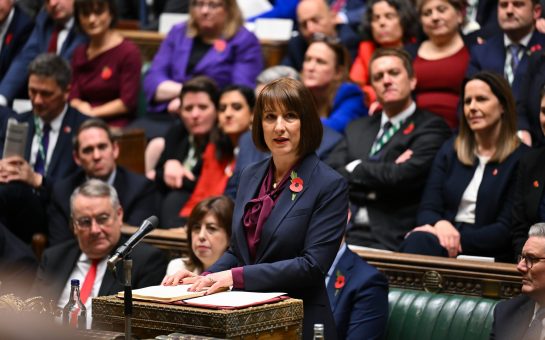Despite his PR gloss, David Cameron is not a polite Prime Minister, as a Manchester linguistics study shows his predecessor Gordon Brown was regularly more genial.
Often lambasted for his poor public performances, Brown was consistently polite during Prime Minister’s Questions if queries were from his own MPs or worded neutrally from any backbencher.
However, his Conservative successor answers impolitely to neutral questions on around half of occasions, a PhD researcher at the University of Manchester discovered.
James Murphy, who conducted the study, said the findings suggest a mismatch between Brown’s linguistic performance at PMQs and the public’s perception of him.
He also noted how politeness plays a part throughout PMQ’s, and found that those in the governing party were polite 80% of the time, while those in opposition was 16% – which was still much higher than anticipated.
“PMQs is known for its knockabout adversarial style, but this is only true up to a point,” Mr Murphy said.
“It seems that MPs on all sides of the house realise that being polite is more likely to elicit a favourable response from the PM – and that means it’s easier to get things done.”
The highly confrontational exchanges between the Leader of the Opposition and Prime Minister brought Brown and Cameron to the attention of the public – often leaving Brown floundering and Cameron regularly on the back foot.
Murphy notes that politeness is put to one side during these heated debates.
“The Leader of the Opposition asks questions impolitely 85% of the time. Part of the reason for this is that impoliteness makes the criticism of the Prime Minister and his government more prominent,” he said.
“There are, however, times when the Leader of the Opposition asks questions politely. This is usually to ask questions on a ‘serious’ topic, such as the situation in Afghanistan.
“Asking in a non-partisan way may be a means of projecting a Prime Ministerial persona.”
Murphy transcribed videos of six randomly chosen Prime Minister’s Questions sessions for his study for the University’s School of Arts, Languages and Cultures.
Picture courtesy of World Economic Forum, via Flickr, with thanks.
For more on this story and many others, follow Mancunian Matters on Twitter and Facebook.



